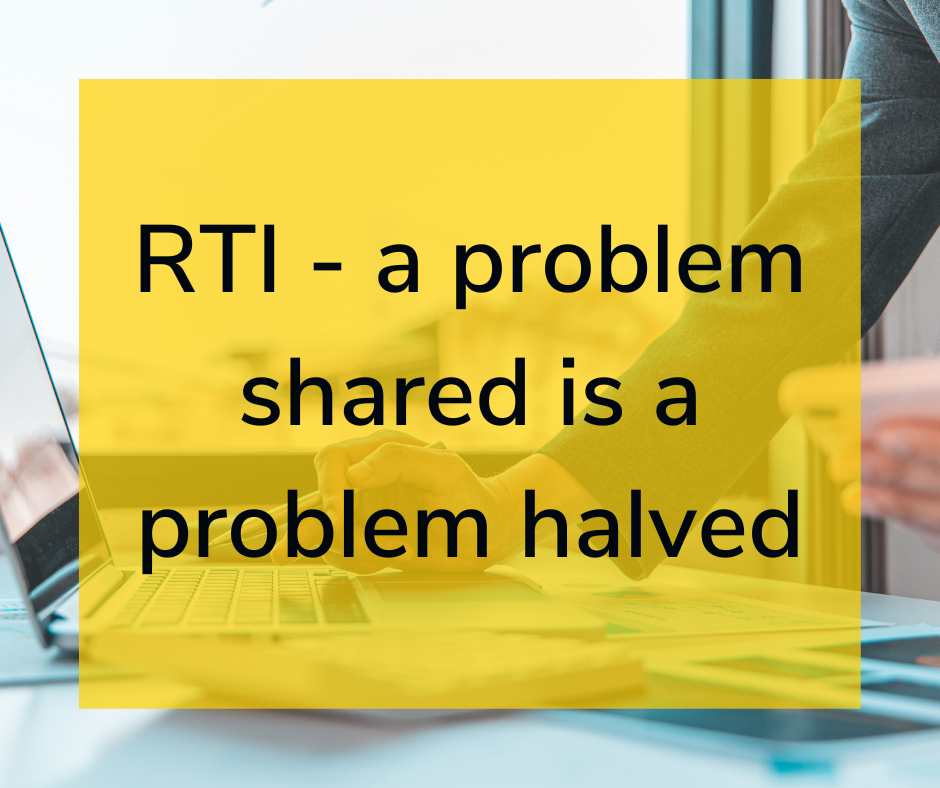
So what is RTI? And how will it affect you and your business?
Historically, employers reported employee’s tax and National Insurance to the HMRC monthly. However, times have changed. People are changing jobs more frequently than ever before, so the PAYE system sometimes struggles to ensure that tax codes are up to date.
Under the new RTI initiative, employers have to report National Insurance and income tax deductions every time they pay staff, not just once a month. So in effect it is just an electronic update whenever you do something with your payroll – and thus it should be pretty easy (if your systems are properly set up)
RTI does make sense. There is no time like the present and even if you are not convinced there is no point wasting time arguing whether RTI is a good or bad thing, you simply need to accept that it’s not going anywhere and embrace it. From October, the relaxation period will have ended meaning that late submissions will be penalised.
If you would like to find out more, pick up the phone and speak to your accountant .As I mentioned above the key is to set up your systems properly and you’ll save time
If you like the way we think – you will like the way we work.
AIMS Accountants for Business are the largest independent association of professionally qualified accountants in the UK specialising in accountancy for small, local and independent businesses. AIMS are no ordinary accountants and we are more than just number crunchers! Find your local AIMS Accountant.